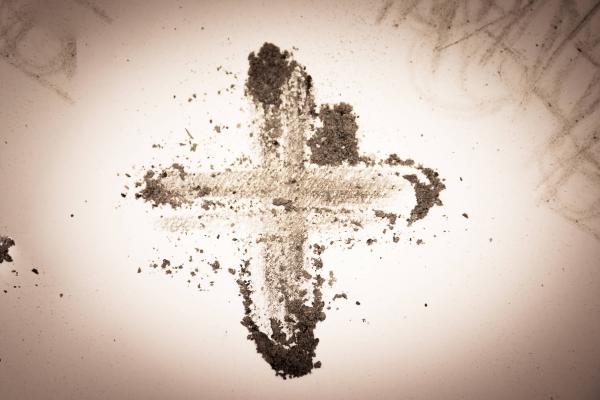Mar 10, 2017
For now, me and my people are protected in America. My tears are fortified by fear and outrage as I think of my Catholic cousin and the wonderful woman he married, whose family hails from India and who practices another religion. They and their two beautiful children could be targeted like Srinivas Kuchibhotla — for what? The color of their skin? The worship of their God?
Read the Full Article

Already a subscriber? Login
